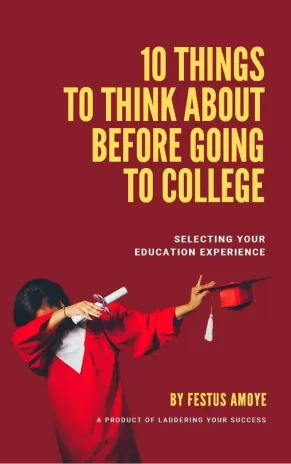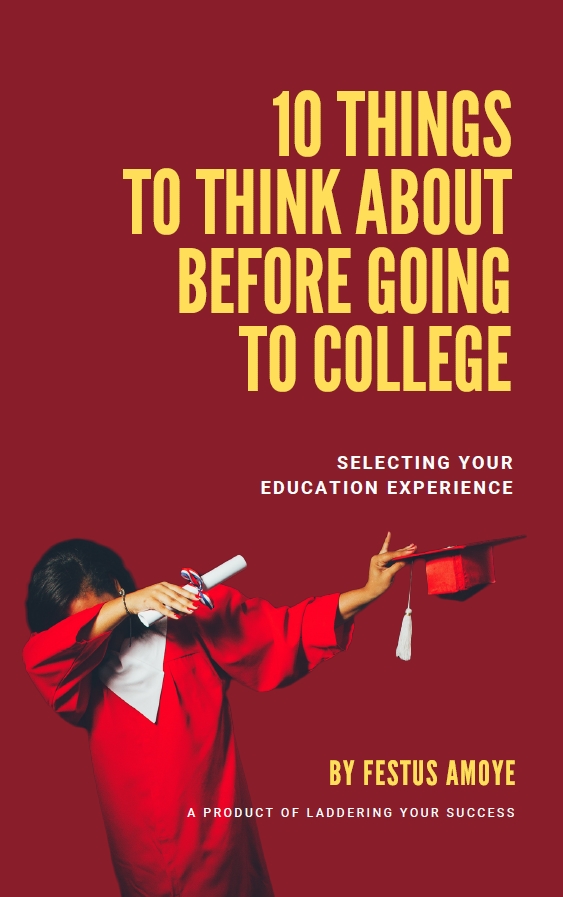The words college and university are often used interchangeably in the US to refer to higher education institutions. They both grant educational academic degrees and are generally academic equals. But it is essential to note the critical difference between the two. That’s what we will explore in this article.
What is a College?
Colleges are mostly smaller institutions of higher education that focus on undergraduate education. Colleges do not offer a wide range of graduate programs (e.g., doctorate or master’s degree).
And since colleges are mostly privately owned, they may not have as many research opportunities as the universities though they may be exceptions.
Liberal Arts Colleges
Liberal Arts Colleges offer an array of undergraduate and graduate programs and may be hard to differentiate from universities. These colleges do not prepare you for a particular job; instead, they provide you with the skills needed to gain relevance and secure positions across various industries.
Subjects offered at the Liberal Art Colleges are usually humanities, art, and math. As opposed to what many people believe, liberal arts education does not only focus on the humanities, though it is a central part of the liberal art curriculum. They offer a wide range of education to students.
Vocational and Technical colleges
Vocational and Technical colleges offer professional and focused specializations. They are meant to appeal to a few selected students with a common interest in a particular field. Vocational/Technical colleges, also known as trade schools, focus mainly on developing knowledge and skills needed for a specific trade. Welding or automotive mechanics are examples of vocational trades.
Community colleges
Community colleges are two years that award associate certificates and degrees. They have similar class sizes, affordable tuition, and more intimate classroom settings. Before transferring to a four-year university to pursue a bachelor’s degree, many students choose to finish their general education requirements at a local community college. Or, one money-saving strategy is called dual enrollment which can be done in high school or at community colleges to a four-year university. Some colleges are universities but still use the term “College” because of already existing universities with the same name.
Pro of colleges
- They focus more on undergraduate teaching and less on research efforts.
- There is more individualized attention from professors and academic advisors.
- Colleges often have more curriculum specialization for students with common interests.
Cons of Colleges
- There is usually less focus on research as there are fewer resources and facilities for them.
- Colleges do not have a direct ace to more advanced degrees
- Colleges have fewer overall program offerings.
- Fewer diversities of students
What is a University?
Universities are larger institutions of higher education that offer both undergraduate and graduate degrees with a wide range of graduate program.
Universities are usually more into research, involving an impressive array of facilities and labs.
Universities can either be public or private institutions. Public universities enroll tens of thousands of students, whereas private universities are usually smaller and more selective. Universities tend to be larger, though not all universities are prominent. Some are small such as Marymount California University.
Pros of universities
- There is more access to advanced degrees and many research opportunities for students.
- You can choose from a wide range of courses and programs that best sharpen your skills, career path, and passions.
- Classes are usually held by highly reputable professors, providing a rich, practical learning experience.
- Universities often allow you to interact and work with diverse students, staff, and faculty from different backgrounds.
Cons of universities
- Due to large class sizes, faculty may focus more on research than undergraduate teaching.
- The total costs of attending a university– including tuition, room, board, fees, and books are high and often result in student loan debt.
- Universities may offer less individualized attention from professors and advisors.
- It is harder to change majors at universities due to the bureaucracy involved.
Where should I study—college or university?
Several factors should be considered before deciding whether to attend a college or university. Suppose you are looking for a large, lively community where you’ll always meet new people and socialize and are not bothered by large class sizes. In that case, a university is a good pick, but if you prefer a more intimate community, more close relationships with teachers, and smaller class settings, then a college is a good choice. This decision can also affect your plans as both colleges and colleges are a good fit.—if you wish to become an authority in your field, conduct research, and be a Ph.D. graduate, then university might be a great choice.
If you are only interested in a Bachelor’s degree and not thinking of graduate studies, a college might be an excellent fit for you as long as they offer the academic program of your choice.
If you desire a more practical approach to studies and are interested in vocational careers, going to a college is a great choice.
Both colleges and universities have their advantages and disadvantages. Identifying the one that suits your interests, personality, and financial and career goals is best. We have done our best to help with decision-making while saving money and preparing to face the real world. We recommend that you check out our guidebook here.









